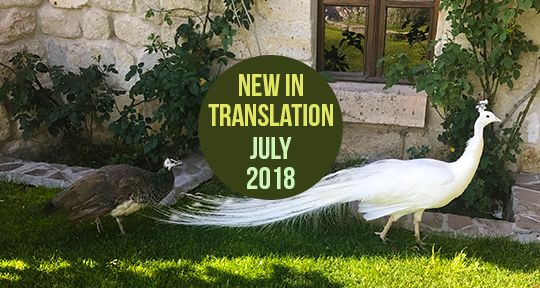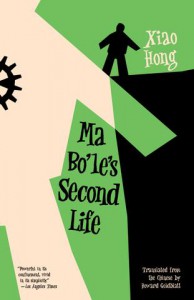This week, our editors from around the world report on literary celebrations in Bulgaria and historical archives of Chinese literature in Hong Kong. Read on to find out more!
Andriana Hamas, Editor-at-Large, reporting from Bulgaria
Plovdiv, one of Bulgaria’s oldest cities and the European Capital of Culture for 2019, recently hosted the twentieth anniversary edition of its renowned literary festival: Пловдив чете (“Plovdiv Reads”). For twenty years, the month of June has seen both established and up-and-coming authors sit side by side, trying to unravel the mysteries of the written word. Among the most notable participants this year were Zdravka Evtimova, winner of the Chudomir National Award; the writer and translator Chavdar Tsvenov; the literary historian Cleo Protohristova; the critic Boris Minkov, known for his masterful editorial skills; the publisher Svetlozar Zhelev, who takes pleasure in mediating literary friendships; and the experimental writer Rene Karabash.
Over the course of approximately two weeks, the various hosts and their audiences reviewed some of the best that contemporary Bulgarian fiction has to offer. However, the festivities weren’t restricted to the local literary stars, but also included prominent international guests such as the Ukrainian novelist Haska Shyyan—who commented on her new book in light of the dreadful developments in Ukraine that have shaken the world over the past few months. Another event of note was the special talk devoted to the twentieth-century Bulgarian poet and translator Atanas Dalchev, and the relatively unfamiliar circumstances surrounding his life in Thessaloniki and Istanbul.




